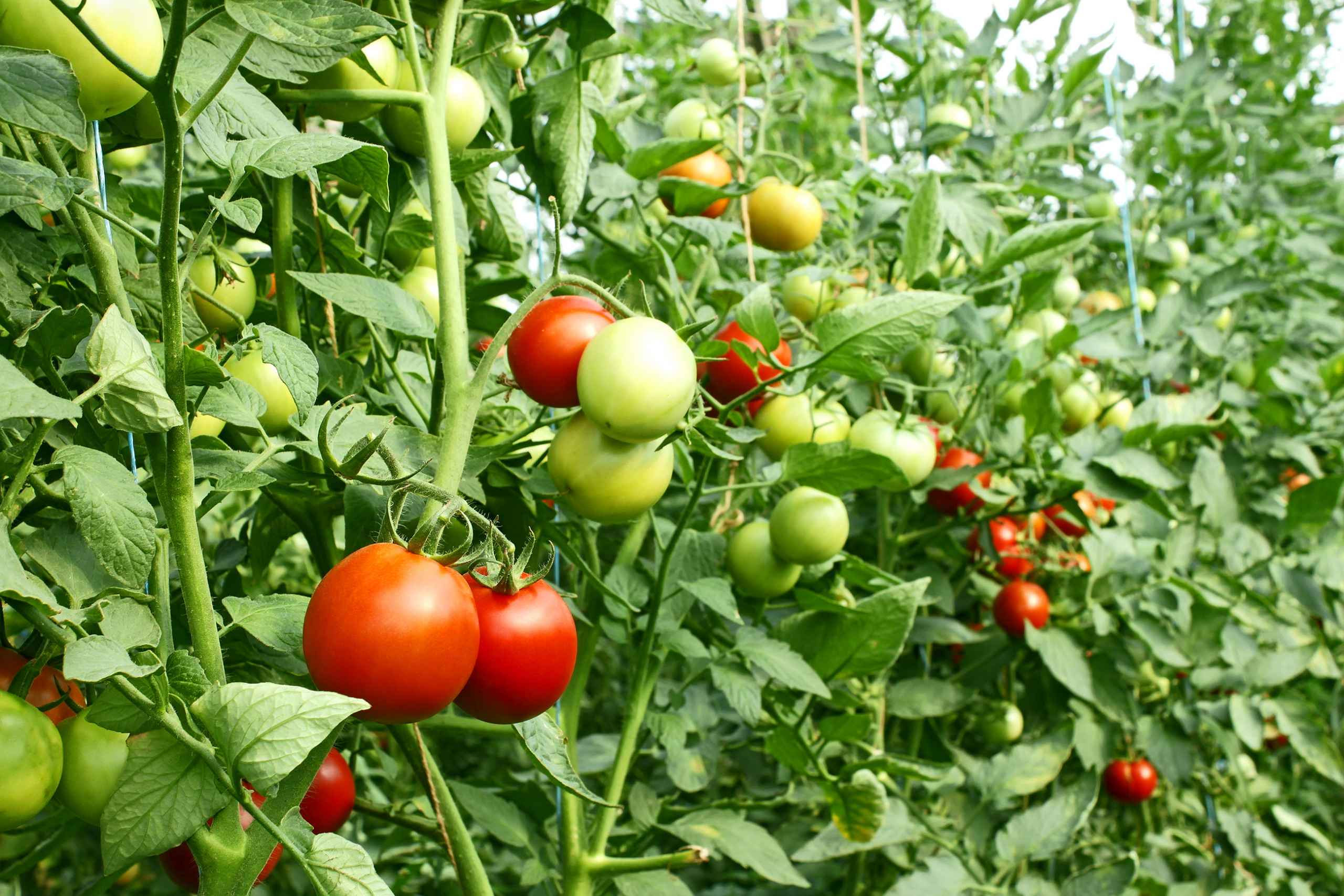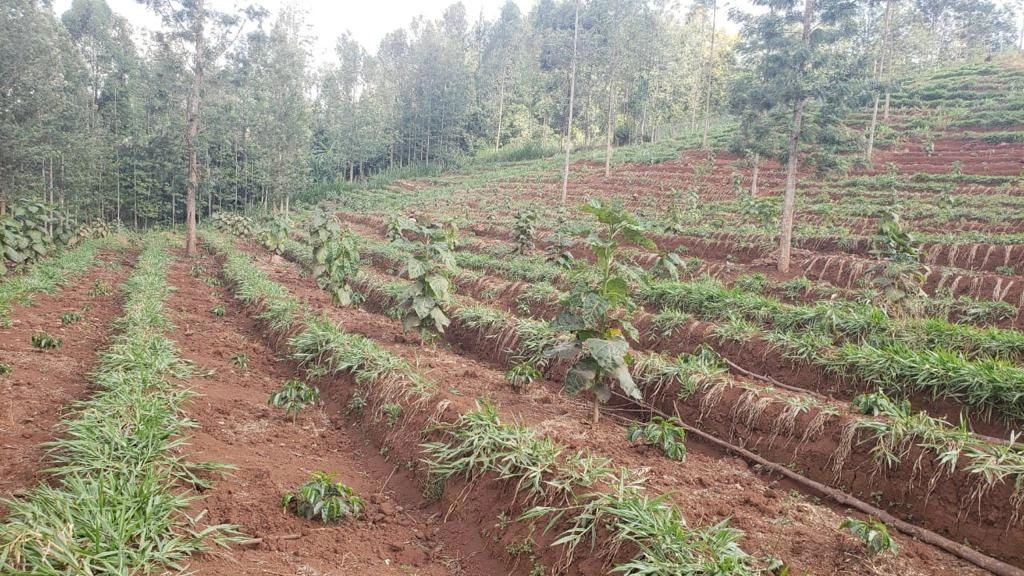Coffee Farming in Kenya – Kenya boasts a rich heritage in coffee production; however, beneath the surface, a complex narrative unfolds, painting a challenging picture for these farmers and the nation’s coffee sector as a whole.
Small-Scale Farming Landscape
Over 500,000 small-scale farmers cultivate coffee across Kenya, managing approximately 4,000 plantations ranging from 3 to 1000 acres. Despite their significant numbers, the majority face a daunting reality. Notably, production averages only 2 to 3 kgs per tree, offering a potential of 30kgs.
Challenges in Production
A critical issue haunting Kenyan coffee farmers is the juxtaposition of low production levels and depressed prices. This combination, stemming from multifaceted problems, hinders the ability of smallholders to address climate change. Furthermore, it obstructs their adoption of good agricultural practices, access to markets, and securing competitive prices.
Impact on Climate Change
Climate change poses a severe threat to the already fragile coffee industry. However, the low production and financial constraints experienced by small-scale farmers make it challenging to invest in adaptive measures and mitigation strategies. Consequently, they find themselves vulnerable to the whims of a changing climate.
Management Woes
Another obstacle plaguing the sector is the incompetence and poor management styles exhibited by some office bearers in small-scale farmer cooperatives. This leads to slow decision-making processes and a lack of implementation of beneficial programs, further exacerbating the challenges faced by these farmers.
Cry of the Farmers
The echo of discontent reverberates through the coffee fields. Farmers express frustration over low production, poor prices, and inefficient management. The threat of uprooting coffee plants becomes a desperate plea for attention, highlighting the severity of the situation.
Government Interventions
In response to these challenges, the Kenyan government has proposed various initiatives; however, some lack thoughtful consideration. While addressing marketing aspects, a clear direction remains elusive. Consequently, stakeholders are left in a state of uncertainty. The effectiveness of these regulations is a topic of contemplation, sparking a “wait and see” attitude within the industry.
The Way Forward
The pressing question remains: how will the entire coffee value chain be affected, and who will emerge as the victors or victims? With challenges spanning production, pricing, climate change, and management, the industry stands at a crossroads, demanding innovative solutions and collaborative efforts.
Potential Solutions
To navigate these challenges, a holistic approach is essential. Interventions should encompass not only marketing strategies but also initiatives addressing climate resilience, agricultural practices, and cooperative management. Collaborative efforts between the government, industry players, and farmers are crucial to achieving sustainable outcomes.
Conclusion
Kenya’s coffee industry stands at a critical juncture, grappling with multifaceted challenges that demand urgent attention. A strategic and comprehensive approach, coupled with collaborative efforts, is paramount to ensuring the longevity and prosperity of this vital sector. Only through unified actions and thoughtful interventions can the coffee industry in Kenya reclaim its status as a global coffee powerhouse.
Contact Us
Website: – Click Here
WhatsApp | Call: +254 743 149 267 | + 254 738 352 258
Email Address: info@beseenlimited.com | sales@beseenlimited.com
Follow our IG: @TrendBlendHubKe





